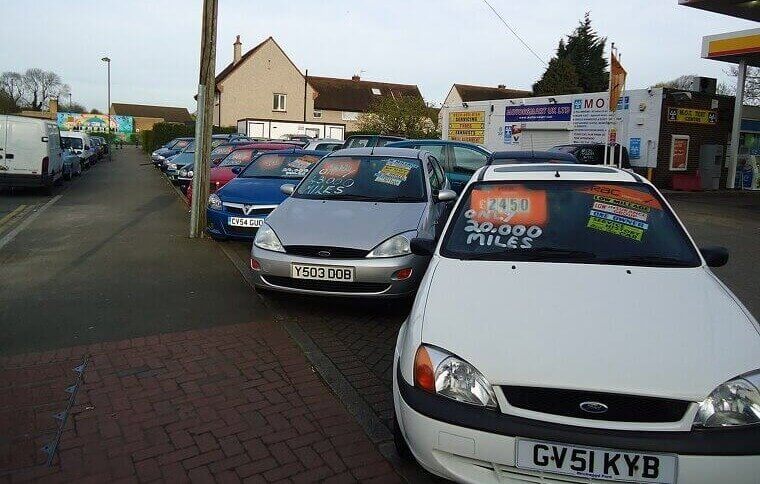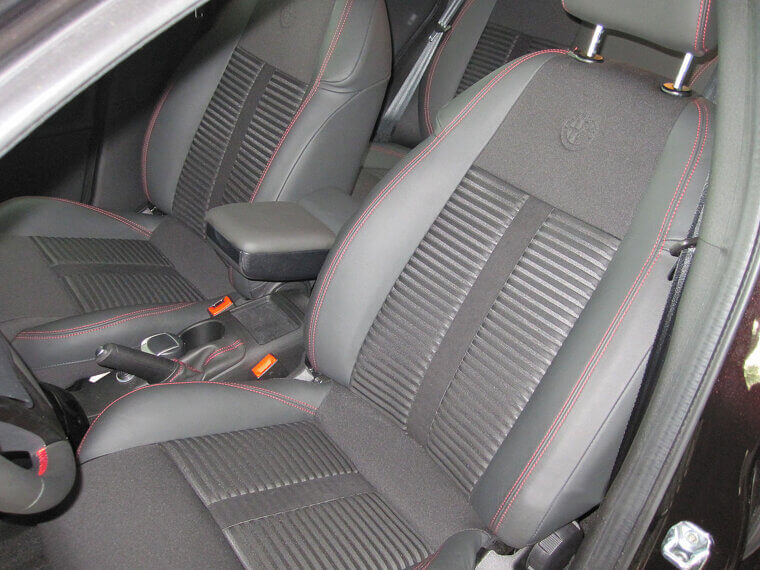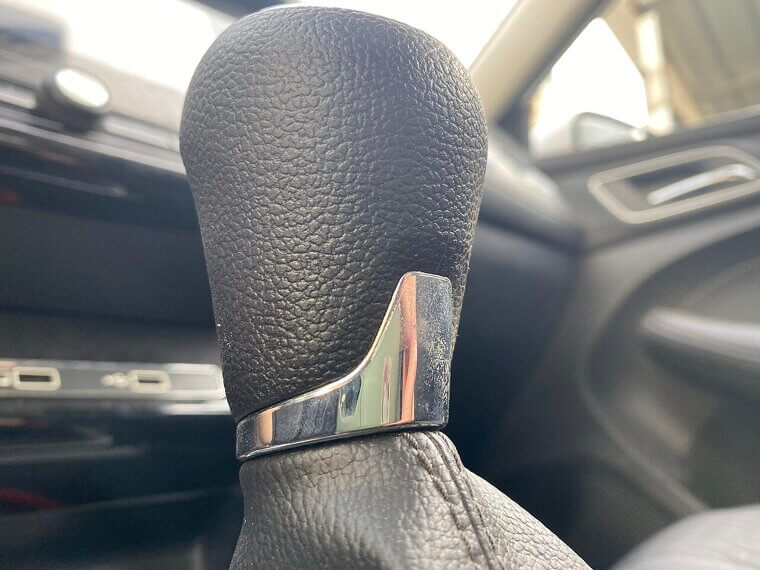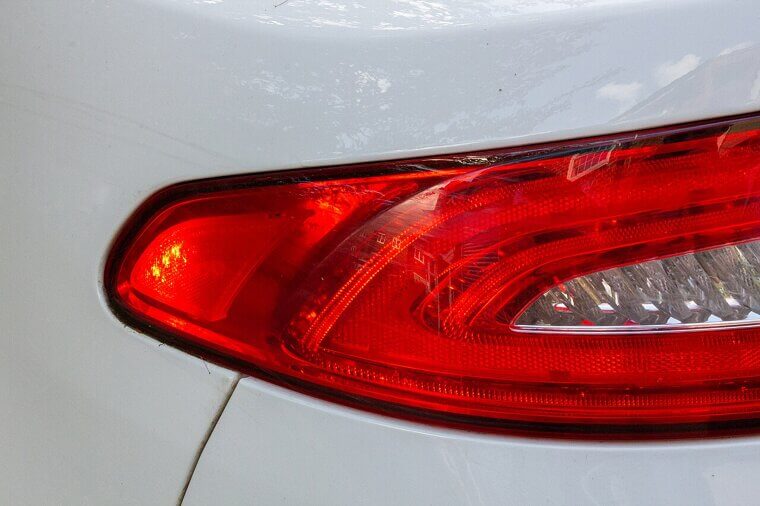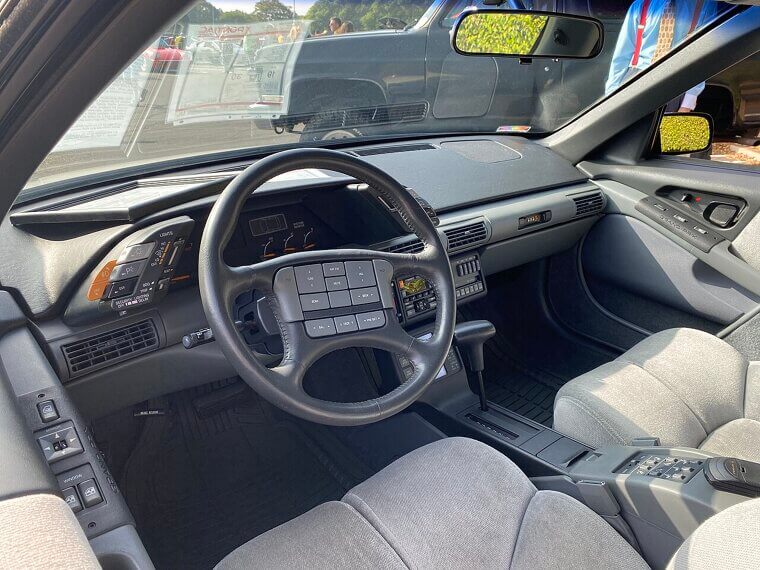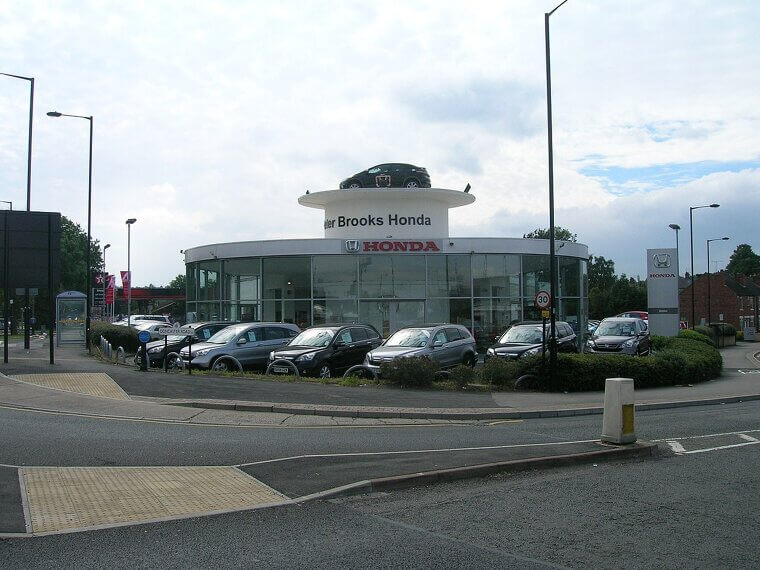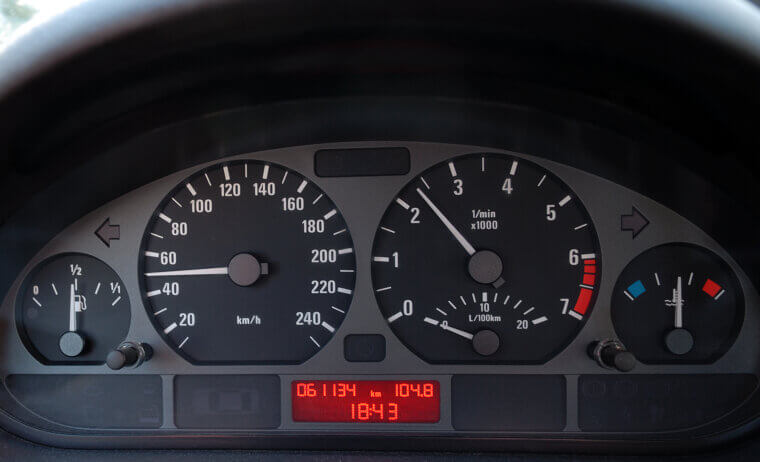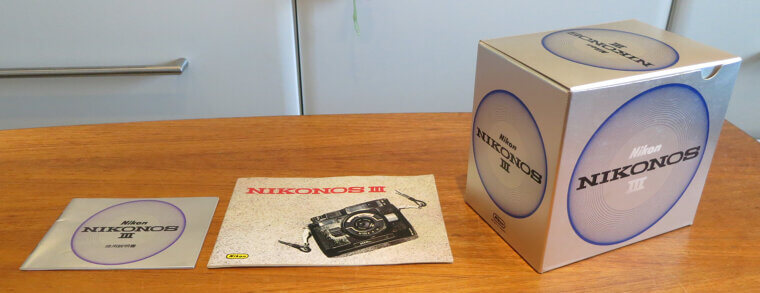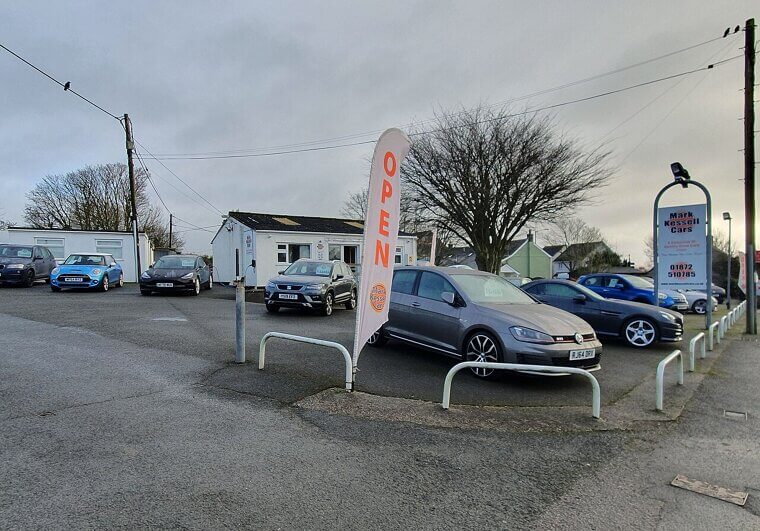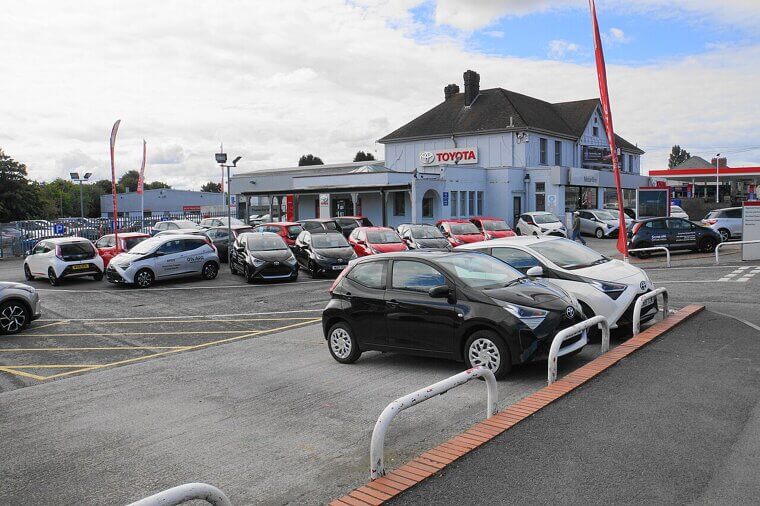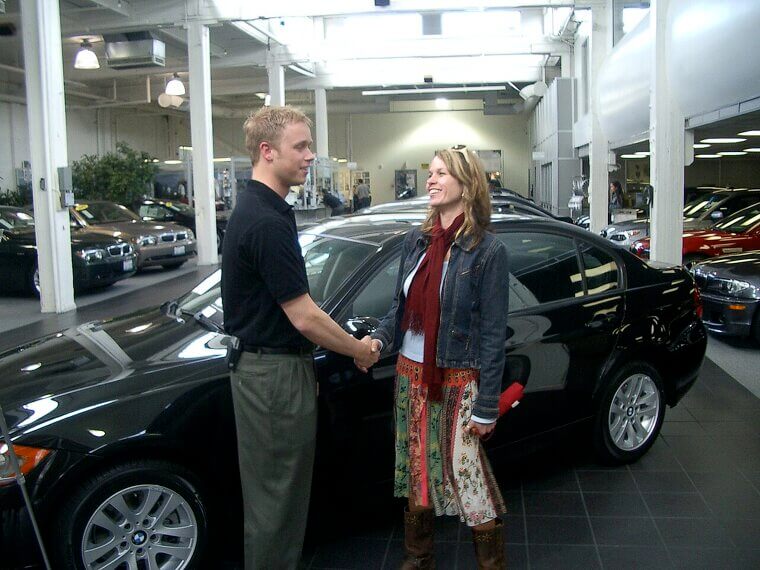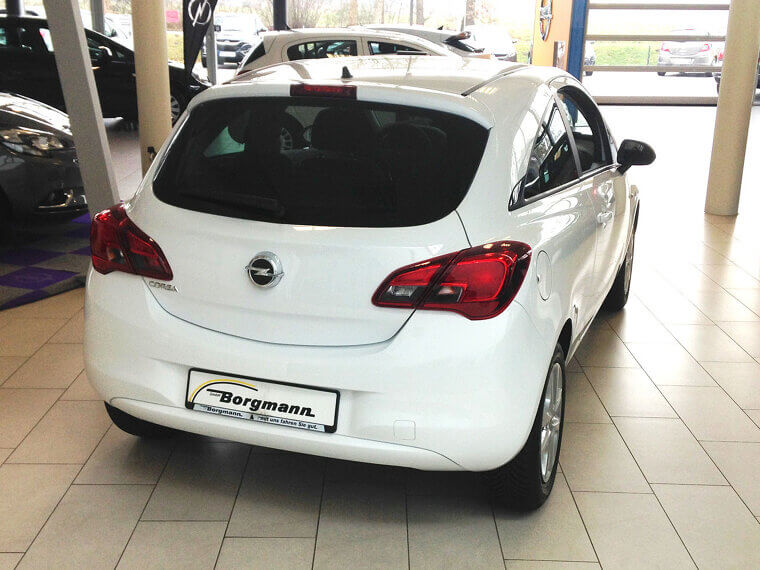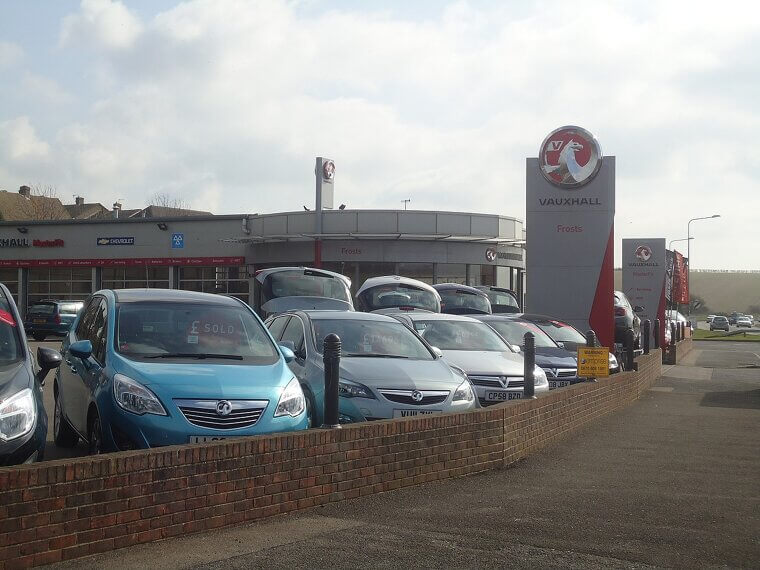Warranty Confusion
One trick that many dealerships use is overpromising on a vehicle's warranty, before changing the terms last minute, leading to confusion and pressure on the buyer. If you aren't entirely sure how long the warranty on the car will be, be sure to double check before signing anything.
Concealed Accident History
A lot of the time, sketchy dealerships will try to conceal their vehicles accident history in order to get potential buyers over the line. While this is technically illegal, they will find loopholes, as most buyers don't want to be investing their hard-earned money into a car that has previous damage.
Frame Damage
Dishonest car dealerships will try to conceal any sort of vehicle frame damage by only repairing the exterior of the car and not allowing potential buyers to inspect the interior too closely. If you notice this, you will properly be better off trying a different dealership.
Flood Exposure
You would be surprised by just how many cars for sale in a second-hand car dealership have experienced flood exposure. A common warning sign of this are car seat covers or new upholstery. Flood exposure can cause serious damage to the car in the long run, which is why it is so important for you to ask the dealership before making any commitments.
Engine Problems
Another common issue that many car dealerships lie about is engine faults. Before buying a car, be sure to test drive it and listen out for any strange noises. Severe problems may also cause smoke to come out of the exhaust.
Transmission Issues
Transmission issues are arguably one of the most common problems of modern-day cars, meaning that many sketchy car dealerships will simply lie about it. Before investing in a second-hand vehicle, be sure to test it for rough shifting or grinding sounds. Keep in mind that it costs a small fortune to replace a faulty transmission - something that you don't want to have to deal with after just buying a car.
Brake Problems
Replacing a faulty brake system can cost a fortune, which is why many car dealerships just lie about the problem. If you test drive the car, you should be able to tell whether or not the dealership is honest via the brakes. If the pedals are soft, squeak or vibrate, they probably aren't up to scratch.
Steering Issues
Steering issues are yet another common fault experienced by modern vehicles. Before buying a car from a dealership, be sure to ask about its steering and whether it has experienced any previous problems. You will be able to tell whether or not the dealership is true to their word during the test drive. If it pulls to one side or has unusual resistance, you'd be better off looking elsewhere.
Excessive Wear and Tear
If a dealership is selling a vehicle that shows clear signs of wear and tear, chances are they aren't very trust-worthy or reliable. This is especially true if the car looks in worse condition than it should for its age or mileage.
Dashboard Warning Lights
An easy way to tell whether or not a dealership is honest is by checking the vehicles dashboard during the test drive. If there are any warning lights, it means that they are lying to you about its condition.
Mismatched VINs
If you are on the verge of buying a second-hand car from a dealership, be sure to ask to see the VIN paperwork first. If the VIN on the paperwork doesn't match the car, it means that there is something fishy going on and that you should probably look elsewhere.
Missing Service Records
If a dealership can't show you the service records of a car, it usually means that it has been neglected in the past and isn't in the best condition.
Sketchy Carfax Reports
If a second-hand vehicles Carfax records are perfectly clean, it is actually a bit of a red flag. Just remember that clean records don't reveal hidden damage, meaning that the dealership may be lying about past issues.
Title Issues
Another common way in which sketchy car dealerships get potential buyers to commit is by lying about salvage or rebuilt titles. While it can be difficult to get to the bottom of this issue, it's important to look at the age and mileage of the vehicle. If something looks too good to be true, it probably is.
Hidden Fees
While it may be a lot of effort, it's important to read the fine print on your contract before signing anything. Many dealerships hide fees within them, leading to plenty of confusion and frustration from buyers down the line.
High Pressure Sales Tactics
If you feel as though the car salesman is pressuring you to sign the contract as quickly as possible, take a second to rethink the purchase. They could tell you that someone else is on the verge of buying the car and that you need to move quickly to secure it. However, in many cases, they are simply doing this to trap you in a contract.
Reluctance to Allow Inspections
As a potential buyer, you have every right to thoroughly inspect a car before buying it. If a dealership tries to prevent this, it usually means that they have something to hide. If a car is really in as good of a condition as they say it is, they should have no problem with you test driving it.
Pricing That Seems Too Good To Be True
If a car is much cheaper than its market value, there is more than likely a reason for this price deduction. However, sketchy dealerships won't always disclose this information. Instead, they may tell you that there is nothing wrong with the car in order to get you to sign a contract.
Avoiding Test Drives
If a car dealership doesn't allow you to test drive a car, don't buy it! They may even try to trick you into thinking that there is a reason for not being able to test it, such as saying it's gone in for cleaning or a service. This is a clear red flag, as you have every right to know exactly what you are buying into.
Inconsistent Answers
Before buying a car, be sure to ask the salesman as many questions as possible in order to get an accurate picture of its condition. If their answers are inconsistent, chances are that they are lying about something.

